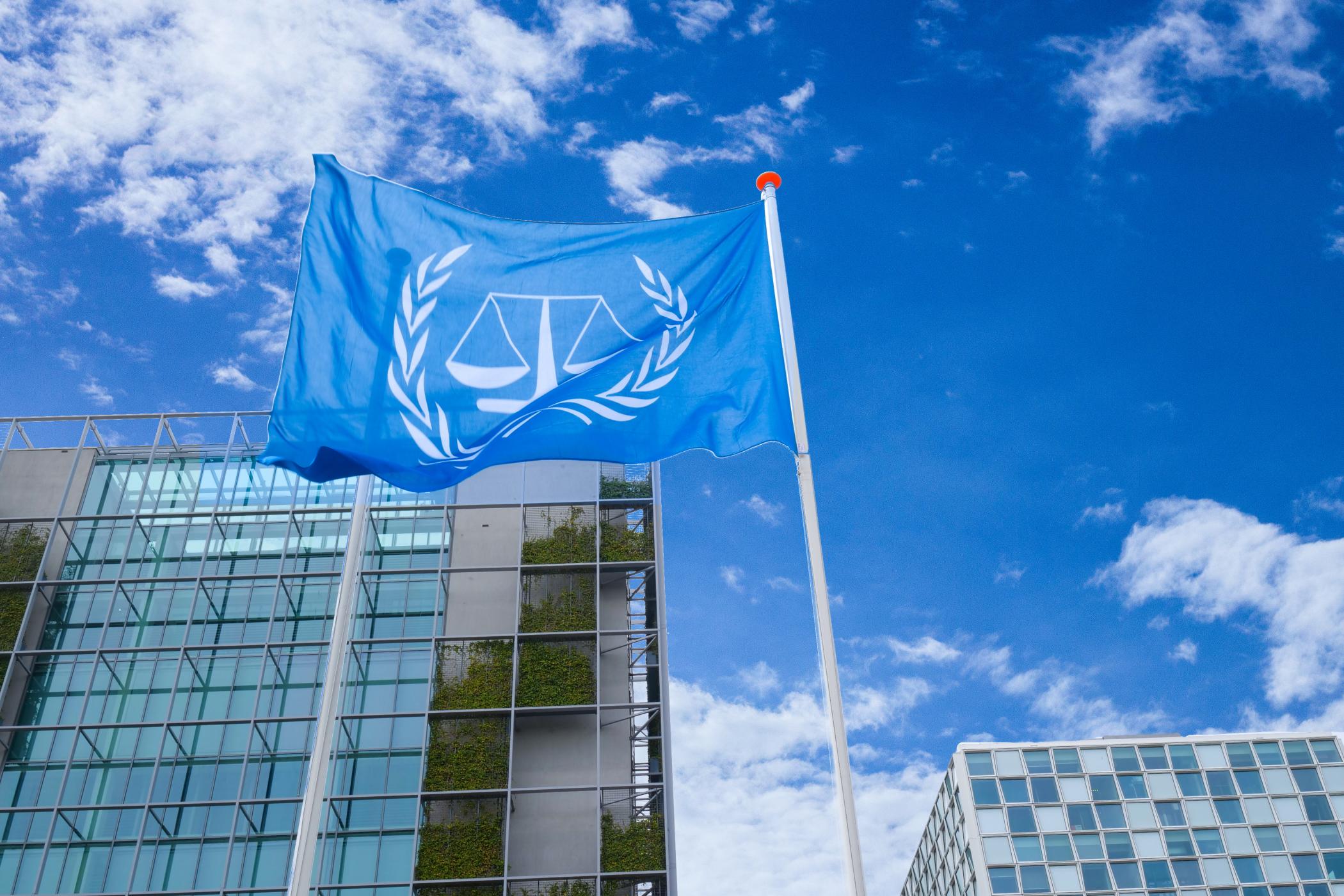The International Criminal Court must advance justice for environmental crimes

Lawyers and scientists have called for the International Criminal Court to actively engage in addressing environmental degradation and destruction.
On 16 March, the Institute of Commonwealth Studies, University of London (ICwS), the Oxford Sustainable Law Programme (Oxford SLP) at the Smith School of Enterprise & the Environment and the Faculty of Law, and the International Nuremberg Principles Academy (Nuremberg Academy) submitted a Joint Comment to the International Criminal Court (ICC) advocating for strengthened action on environmental crimes.
“It is horrible to see the destruction that war and conflict bring to the environment”, stated Professor Christoph Safferling, Director of the Nuremberg Academy. “It is high time that international criminal law reacted. Impunity must end for those acts whose environmental impacts result in significant and continuous human suffering.”
The Comment was submitted in response to a call for comments launched on 16 February by the ICC Office of the Prosecutor, with a view to developing a policy on accountability for environmental crimes under the Rome Statute.
“The ICC can play a critical role in the global fight against impunity for environmental crimes by using the existing provisions of the Rome Statute”, believes Maud Sarliève, Fellow of the ICwS and incoming Oxford SLP Climate Research Forum Coordinator, who led the initiative. “The ICC’s policy initiative is welcome as it opens the possibility of new avenues to tackle the urgent challenges presented by the triple planetary crisis while also maintaining a pragmatic approach that aligns with the spirit and letter of the Rome Statute”, she added.
The Comment insists on the critical connection between human and environmental health. It argues that human conduct and activities leading to severe environmental harm usually involve equally severe violations of human rights, potentially qualifying as crimes under the Rome Statute, such as genocide, crimes against humanity or war crimes.
“Confronting the existential threats posed by climate change and environmental degradation requires us to harness every resource within our reach including by embracing innovative yet pragmatic legal strategies”, emphasised Professor Kingsley Abbott, Director of ICwS. “We therefore anticipate the ICC’s adoption of robust policies dealing with crimes within the Court’s jurisdiction committed by means of, or that result in, environmental damage.”
The Comment advocates for the integration of the right to a clean, healthy and sustainable environment (R2hE) and its associated rights into the ICC’s legal framework, in accordance with Article 21(3) of the Rome Statute. It calls for a comprehensive evaluation of evidence to support allegations of severe violations of the R2hE, particularly when such violations pose a threat to the habitability of the environment.
While highlighting the primary responsibility of states to investigate and prosecute environmental crimes, the Comment suggests ICC intervention in cases where states are unable or unwilling to pursue justice effectively.
“As the threat posed by climate and environmental crises continue to grow unabated, robust legal frameworks must be employed to reverse course”, said Professor Thom Wetzer, Director of the Oxford Sustainable Law Programme. “International criminal law has a role to play in protecting our planet and holding to account those most responsible for imperilling it.”
Sarliève concludes, “with this position, we remain open to the potential introduction of new legal provisions, such as ecocide, if existing laws prove inadequate in safeguarding against environmental destruction or fail to serve as an effective deterrent.”
Update: on 21 February 2025, a second joint comment was submitted by the group to the ICC in response to the second call of consultation launched on 18 December 2024.



